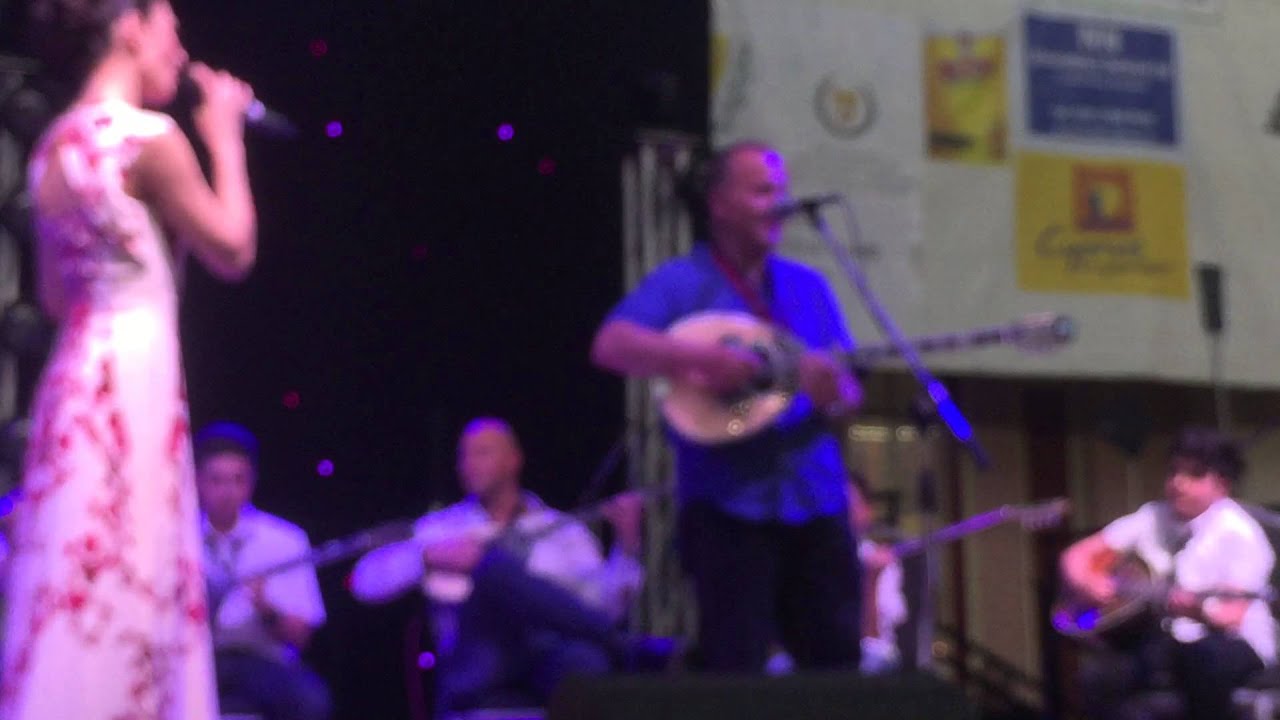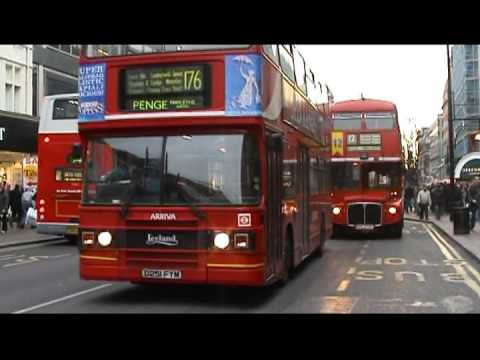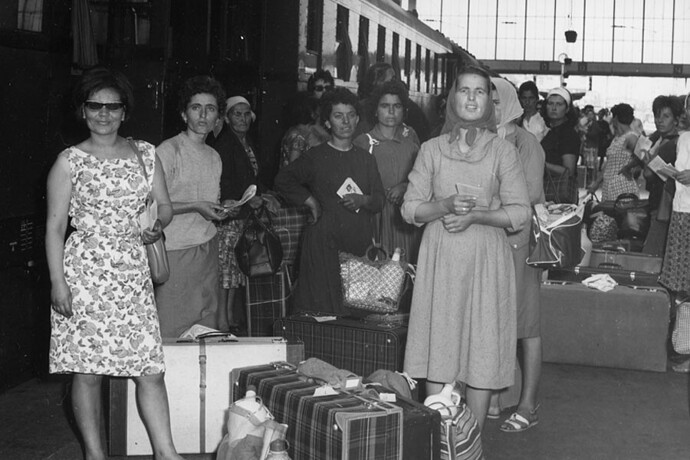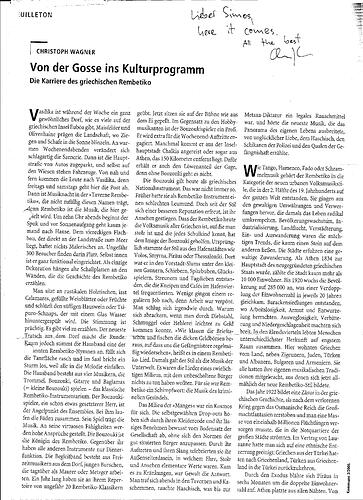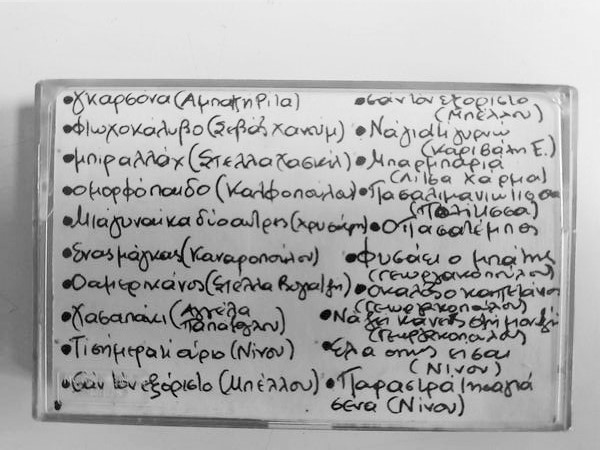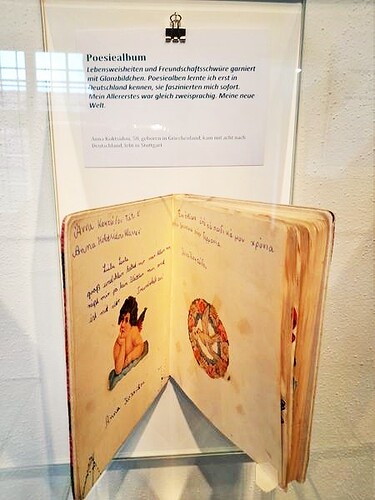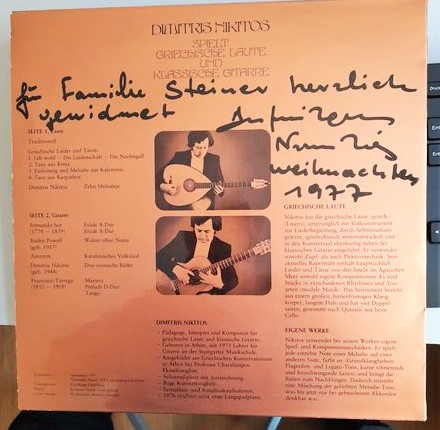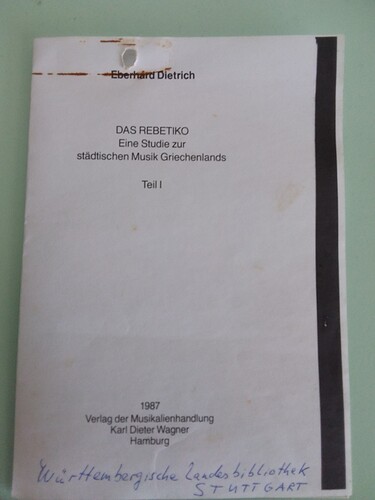Hello, i will write in this thread, i found nothing else!
Contact with Rembetiko in Stuttgart since 1978 until today
I try in English:
The so-called wave of guest workers swept thousands of Greeks to Stuttgart in the 1960s and 1970s. The writer Max Frisch once said: “We were looking for workers and people came”. Many immigrant Greeks worked, for example, at the bus company Neoplan in Stuttgart Möhringen or at Daimler Benz in Stuttgart Untertürkheim or at the Sindelfingen factory. Working class. Some of them stayed here for decades, until today, their children and grandchildren live here and speak fluent German.
One question is whether these people have a relation to Rembetiko, have developed, have forgotten or never felt, ignored or hidden how Rembetiko has changed in the perception of the 3 generations in Stuttgart. Does Rembetiko still exist in Stuttgart today, in what extent?
As a young student and teacher I was always in Vasilika in the holidays from 1978 and got to know REMBETIKO and in Germany I got to know REMBETIKO from 1980 from my Greek students and some parents at school. Some parents didn’t want anything to do with it! Some 15-year-old students were big rebetiko fans and translated rebetiko texts for me. They brought Greek wine to the parents’ evening and the German national parents were very confused! Xenophobia is a big issue here with us.
At the college where I studied (1977-1981), almost all professors were politically left, leftists and brought Greek guest lecturers with them to the seminars. The topic was the junta, the liberation and again and again Theodorakis and Greek literature and also Rembetiko, all of which were very well received. It was strange, left-wing and for some students it also had the kitschy flair of sun and sea and holidays. But it was also politically left and enlightening-critical and instructive.
I tried to get as much analogue and later also digital REMBETIKO (CD) material as possible, but there was no internet yet, so I had to search, as a lover, with other lovers, it was tedious but also fun:
“Five Greeks in Hell” was my first record, a double album from the left Trikont Verlag. That was around 1982? In the state library I found a very scientific doctoral thesis (Eberhard Dietrich “Das Rebetiko”) and the book by Gail Holst in German. The magazine lettre printed an article by Petropoulos with drawings. There was a short program on television, and there was also a program on the radio by music journalist Christoph Wagner in which I was allowed to participate. In the free radio I was a studio guest on our REMBETIKO topic.
I kept looking for REMBETIKO in Stuttgart:
In the clubs and in the club houses, because the Greeks founded their own sports clubs or cultural associations:
“club alpha”
or the association “KALIMERA”
The Greek Dance and Culture Association e. V. Stuttgart
Argonauts e. V. Stuttgart
Hellas Committee Stuttgart
German-Greek Society Böblingen / Sindelfingen e. V.
There I gave a music-lecture about Giorgos Batis in 2003
Many former guest workers not only opened taverns, but also took over large football club houses as restaurateurs with Greek cuisine and Greek music, including a bit of rembetiko, of course, a great success! It smelled of garlic and there were gyro plates  and tzatziki. There are 20 clubs and taverns in Stuttgart Feuerbach and Stuttgart Bad Cannstatt! The Wilhelmsplatz is bursting with hundreds of Greeks, like at Omonia in the past or today at Syntagma, hundreds of drink frapé.
and tzatziki. There are 20 clubs and taverns in Stuttgart Feuerbach and Stuttgart Bad Cannstatt! The Wilhelmsplatz is bursting with hundreds of Greeks, like at Omonia in the past or today at Syntagma, hundreds of drink frapé.
I found material and stories from parents and students. And in the old town scene in the red light district. I found two bookshops on the left and later a CD shop with rarities, imported goods directly from Greece, for connoisseurs. Many taverns opened, in which Rembetiko (or LAIKO or a mix) was played, also a club / bar, very expensive, chic, with women and whiskey, red roses and broken plates, all of them had black clothes and black cars.
The film by Costas Ferris was released on video and vinyl in the mid-80s and DJAM was only recently released in 2017! In Stuttgart, REMBETIKO was described as a proletarian left subculture (not my opinion) but it was presented that way.
Hashish parties were celebrated in Stuttgart with acoustic guitar and drums, no one had a bouzouki, only one in a tavern and Greek REMBETIKO excerpts were rarely quoted. Tourists reported about REMBETIKO experiences (concerts, jam sessions, background music) in Athens and Saloniki.
Civic provincial newspapers reported the death of Sotiria Bellou. My students always gave me mix cassettes or MIX CDs with Rembetiko. Insiders even had entire Rembetiko record collections, but not originals, but reissues or new editions or samplers.
And in 2002 I found the Rembetiko forum on google group. And the book about Rembetiko from Joannis Zelepos and from/about/with Petropoulos, both in german language.
There are and have been around 5 groups in Stuttgart that play Rembetiko live.
I hope I haven’t bored you guys. I will now interview some contemporary witnesses via oral history, with questionnaires, Greek “guest workers”, their children and grandchildren. About your experiences and perceptions of REMBETIKO in Stuttgart, how it was !? Tha doume, maybe just a few contemporary witnesses! Or in autumn, because we will hopefully travel to Greece again soon.
Where could be a problem: What is Rembetiko? What do the interviewees associate with it? You shouldn’t mix it up with anything out of sheer nostalgia. Or other things that I still have to sort out. It should be about Rembetiko, not a confused mess, even if I have now listed LOTS and now at the beginning of my work still mixed up.
What do you think is good or bad or interesting or superfluous and what have I forgotten? What is missing? Please tell me your opinion!

